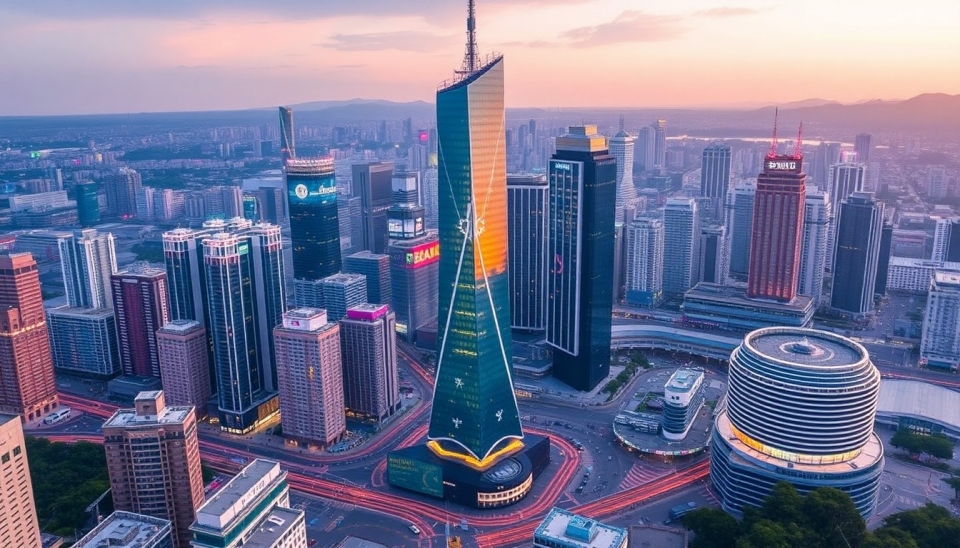
The ongoing tensions between China and Taiwan are casting a shadow over Taiwan's plan to phase out its nuclear power program. With a significant focus on the geopolitical scenario in East Asia, experts warn that the situation could lead to increased risks for Taiwan's energy security and regional stability as the island nation gears up to eliminate its nuclear capabilities by 2025.
Taiwan’s government has long championed a transition towards renewable energy sources, driven by safety concerns and environmental sustainability. However, as China continues to assert its territorial claims over Taiwan, fears are escalating about the potential ramifications of reducing nuclear energy, particularly during times of heightened political and military tensions.
With China intensifying its rhetoric and military maneuvers around Taiwan, analysts are voicing concerns that the nuclear phase-out could hinder Taiwan's ability to maintain a resilient energy infrastructure needed for its defense. Nuclear power has been a reliable source of energy, accounting for nearly 12% of Taiwan's energy production. The elimination of this energy source might leave the island vulnerable in the event of a crisis.
Taiwan has had a longstanding commitment to environmental sustainability, which is reflected in its energy policies aimed at reducing reliance on fossil fuels and boosting green alternatives. However, experts argue that as the geopolitical atmosphere remains fraught with uncertainty, Taiwan's push to depend exclusively on renewable energy could expose the island to greater risks, especially if energy demand cannot be met reliably during a standoff.
The Taiwanese government has introduced several initiatives to invest in solar, wind, and other renewable sources; however, the transition has proven challenging. Concerns persist surrounding grid reliability and energy storage capabilities, which could significantly affect the economy and public safety. Furthermore, Taiwan faces the hurdle of balancing energy needs with environmental goals while navigating the ever-escalating Chinese pressure.
In light of these challenges, some analysts are calling for a reconsideration of Taiwan's energy policy, suggesting that a mixed-energy approach could ensure better resilience against external threats. Keeping a portion of its nuclear capacity operational could provide a more stable energy platform as the nation explores alternatives.
As Taiwan stands at this crossroads of energy policy and geopolitical tension, the decisions made in the coming months will be critical not only for the island's energy security but also for its political sovereignty in the face of increasing Chinese assertiveness.
#Taiwan #NuclearEnergy #China #Geopolitics #EnergySecurity #Renewables #TaiwanPolicy #Sustainability
Author: Liam Carter




